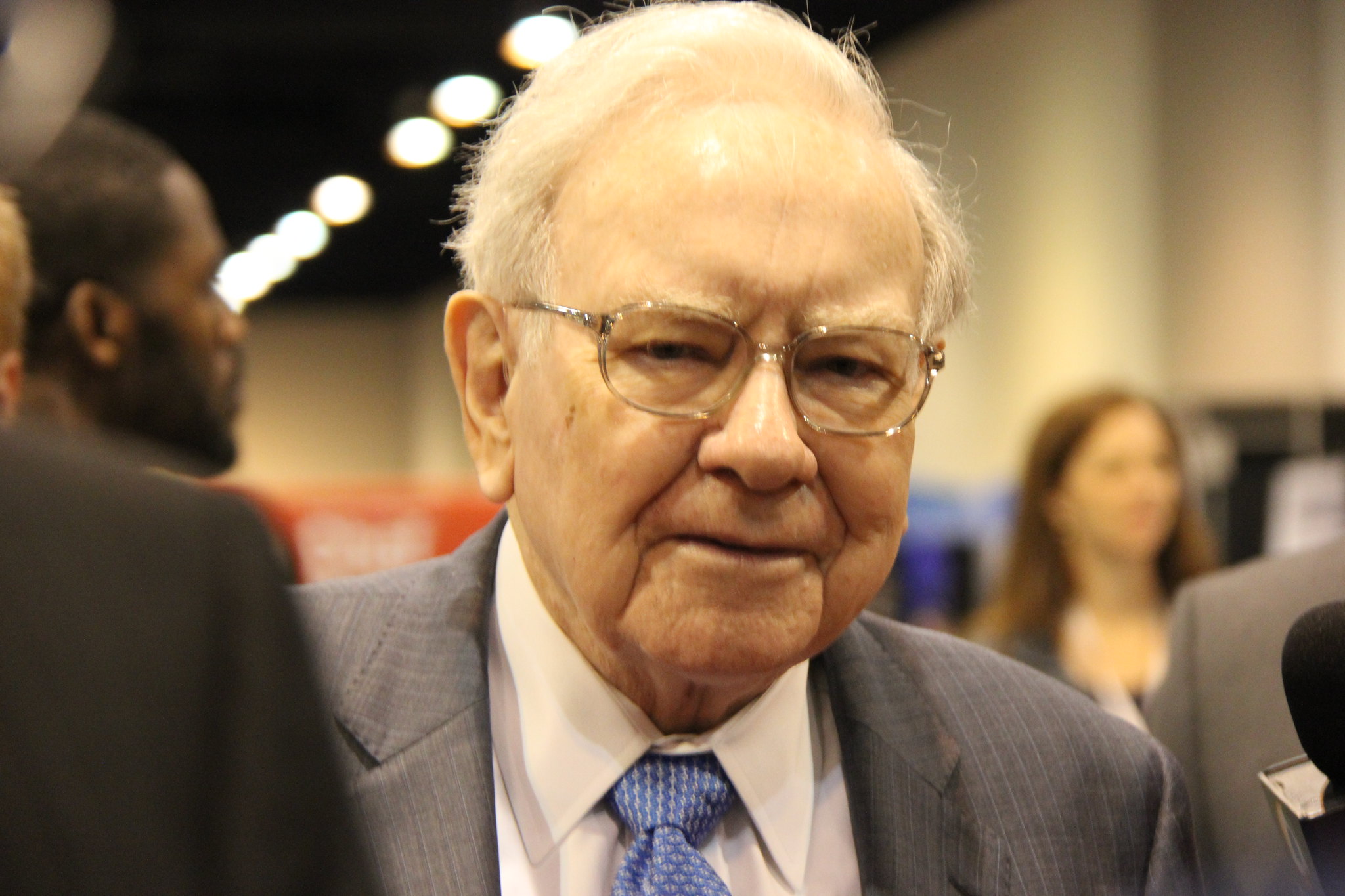Warren Buffett has said that his favorite holding period for a company is "forever." Indeed, when it comes to the businesses that Berkshire Hathaway (NYSE: BRK.A) (NYSE: BRK.B) fully acquires, it rarely sells them. But when it comes to Berkshire's portfolio of marketable securities, he is much more willing to part with those investments.
That has been especially true during the past three years. Since the fourth quarter of 2022, Buffett and his team have sold $212 billion worth of stock while buying just $34 billion.
Only a handful of stocks appear to be safe from Buffett's willingness to sell. That list includes American Express and Coca-Cola, which Buffett hasn't bought or sold since the mid-1990s. Lately, though, he has turned his attention to building the conglomerate's next generation of "forever" holdings, and it recently added about $170 million to its positions of two stocks that he said Berkshire Hathaway won't sell for at least 50 years.

Image source: The Motley Fool.
Searching for outstanding businesses at bargain prices
Buffett's approach to investing in stocks is the same approach he takes to acquiring a business. First, he evaluates the business, but even if it meets his standards, he will only buy it if the price is right.
That's the approach he and successor Greg Abel took when Berkshire agreed to acquire OxyChem earlier this month from Occidental Petroleum. Buffett put Berkshire in an excellent position to buy an asset from a business that it's closely tied to, creating a win-win for both companies. However, Berkshire arguably got the bigger win.
Unfortunately, "really outstanding businesses are very seldom offered in their entirety," Buffett pointed out in his latest annual letter to shareholders, published in February. Indeed, the OxyChem acquisition was Berkshire's largest purchase in three years. Thankfully, Buffett notes "small fractions of these gems can be purchased Monday through Friday on Wall Street and, very occasionally, they sell at bargain prices."

NYSE: BRK.B
Key Data Points
One of the biggest bargains he's seen in recent history was in 2019, when he started accumulating shares of the five Japanese trading houses: Itochu, Marubeni, Mitsubishi (MSBHF +0.25%), Mitsui (MITSY +0.70%) (MITSF +1.41%), and Sumitomo. Berkshire continued to add to its positions in those businesses, building its stakes in each of them toward 10%.
Then, earlier this year, Buffett received permission from management teams at all five trading houses to boost Berkshire's stakes in them to more than 10%. And he's done exactly that with at least two of them during the past six months.
Between March and September, Berkshire Hathaway added 6.6 million shares of Mitsui and 1.9 million shares of Mitsubishi through its insurance subsidiary National Indemnity. Those purchases raised Berkshire's stakes in the companies to 10.1% and 10.2%, respectively. The combined cost of those latest investments is estimated at about $170 million based on the Japanese stock prices and exchange rates. The actual amount paid could be significantly different depending on when exactly Berkshire bought shares.
The two stocks still look like bargains today. Mitsubishi trades for just 1.5 times book value, while Mitsui has seen its valuation fall to less than 1.4 times book. While those metrics might be above their historic averages, they appear to be compelling prices relative to other large-cap stocks, especially U.S. companies. In fact, the broader Japanese stock market still looks relatively attractive with the MSCI Japan index sporting a CAPE ratio below its 30-year average.

OTC: MSBHF
Key Data Points
Planning for the next 50 years at Berkshire Hathaway
Buffett and his successor, Greg Abel, confirmed their plans to hold shares of the Japanese trading houses indefinitely during this year's Berkshire Hathaway shareholder meeting in Omaha, Nebraska. There are a couple of reasons.
First of all, they're all exceptionally well-run companies with shareholder-friendly management teams. They're built much like Berkshire itself, with fortress-like balance sheets. The bulk of their earnings go toward building their businesses and finding new investment opportunities, but they do pay out dividends as well (unlike Berkshire) and occasionally buy back shares.
The second reason for Berkshire to retain significant stakes in each of these companies is the potential to partner with them.
"I think we're also building relationships to do incremental things with each of those companies, and we really do hope to do big things with them," Abel said at the shareholder meeting this year. With the five trading houses, Abel will have a wealth of experts in various global industries with whom he could partner on business opportunities. Berkshire's huge capital reserves (it held $340 billion in cash and equivalents as of the end of the second quarter) could be a valuable asset for the Japanese businesses to leverage.
It also wouldn't be a surprise to see Berkshire take its stakes in the other three Japanese conglomerates above 10% (if it hasn't already). They all trade at compelling values, and the long-term partnership opportunities could be worth even more than owning the stocks themselves.